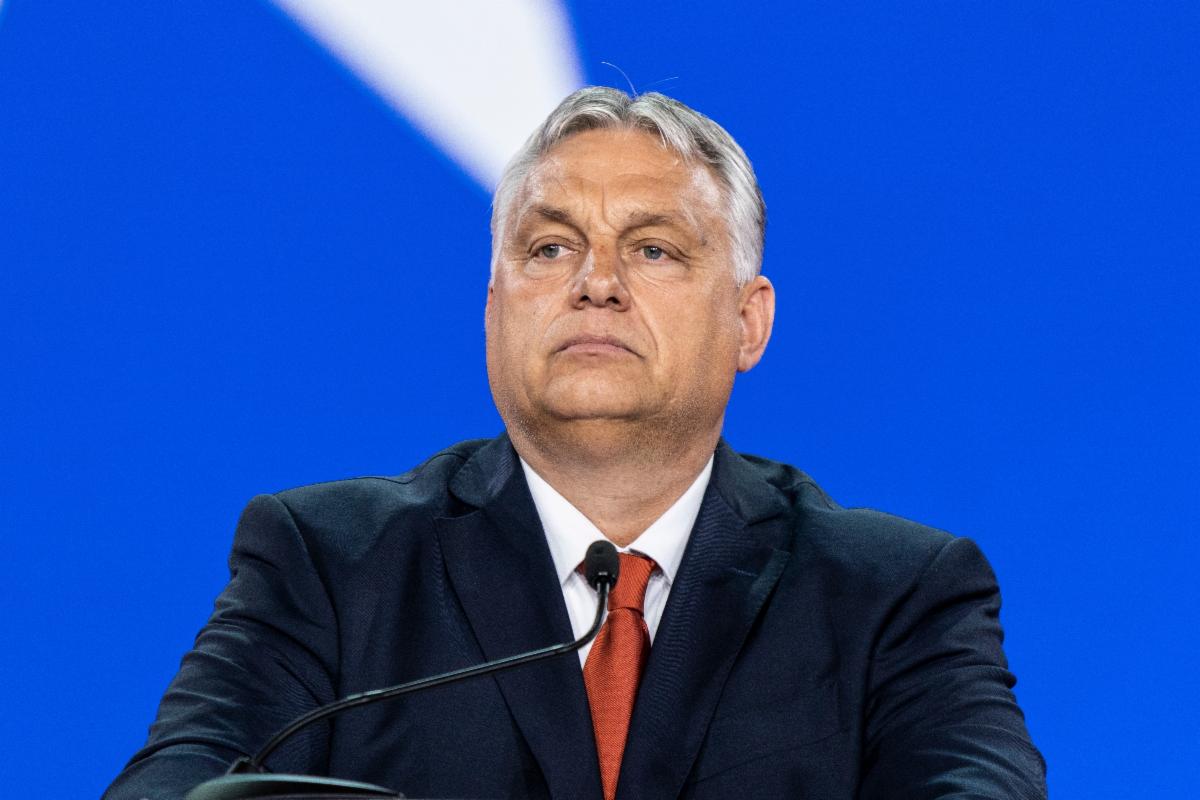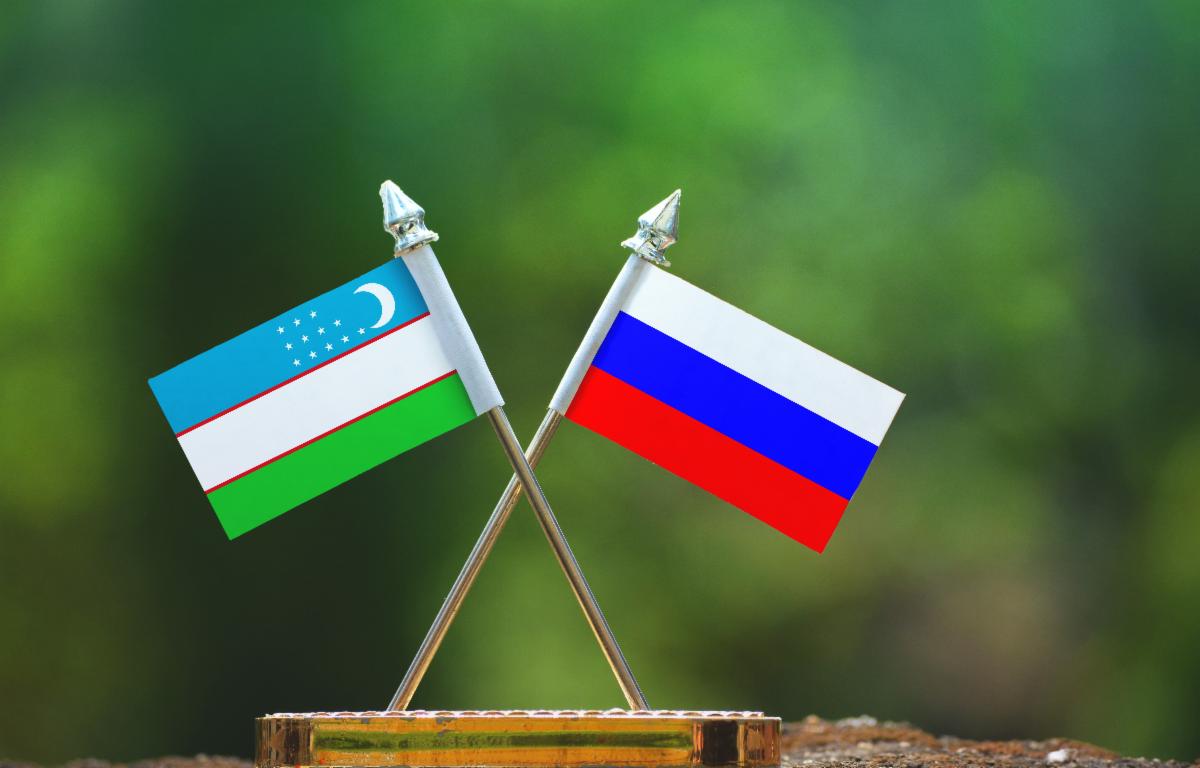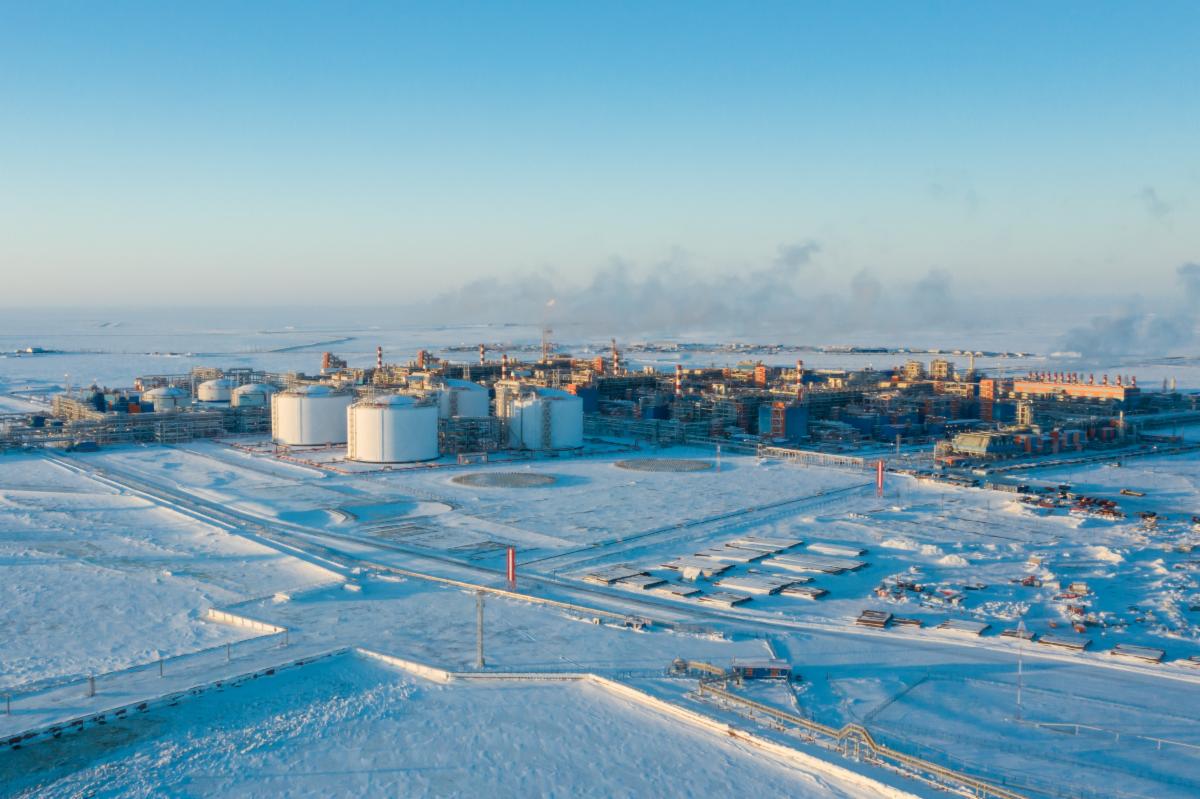Russian Energy Update – February 8, 2023
Russian Energy Update – February 8, 2023
Want to receive future energy updates? Subscribe here.

Russia becomes largest exporter of crude oil to India while energy losses mount
On January 19, energy analytics firm Vortexa reported that Russia eclipsed Iraq as India’s largest source of crude oil starting in October 2022. India’s petroleum-related imports from Russia have skyrocketed over the last year, rising from $323 million to over $4.1 billion between November 2021 and November 2022. Russia’s share of Indian petroleum imports increased from an average of 40% during July-November 2022 to 48% in December that year. Analysts expect India’s dependence on Russian crude to reach 60% for the month of January 2023.
Why it matters: Indian refiners have benefited substantially from reduced prices for Russian crude oil excluded from U.S. and European markets. Indeed, India has taken advantage of the EU’s price cap for Russian crude by buying discounted Russian oil and selling refined products from Russia to Europe, where refiners have worked to find new sources of oil. Russia has captured market share in India from Middle East and West African exporters even as U.S. exporters have simultaneously gained market share, with the United States becoming India’s 5th largest crude oil supplier. American firms provided 10% of India’s crude oil imports in November 2022, up from 5% in April 2022. Increased Russian imports have not particularly concerned U.S. Treasury officials, perhaps in part due to the parallel increase in U.S. exports. Russia is losing an estimated $4 billion a month in energy revenue due to discounts of its Urals crude, according to Bloomberg.

Hungary PM vows veto against EU sanctions of Russian nuclear exports
On January 27, Hungarian Prime Minister Viktor Orban said that he would veto an EU proposal to sanction Russia’s nuclear sector in a state radio interview. The proposal stemmed from Ukraine’s request to the European Union to sanction Russian state nuclear energy company Rosatom. Hungary, which has previously resisted efforts to sanction Russia’s energy sector, has a 2,000 MW Russian-built nuclear power plant and relies upon ongoing supplies of Russian nuclear fuel. Hungary also plans to add two additional Russian-built reactors to the same power plant. There are currently no direct EU sanctions against the Russian nuclear industry.
Why it matters: While Hungary’s resistance to new EU sanctions on Russia is not unusual, the reach of Russia’s nuclear energy sector in the EU should not be overlooked. Russia is the EU’s third largest uranium supplier, holding a 20% market share (2020); eighteen Russian nuclear reactors operate in Eastern European EU member states. Most are largely or wholly dependent upon Russian nuclear fuel, either due to technical restrictions, or because of existing contracts, such as Hungary’s existing ten-year exclusive agreement with Rosatom, which expires in 2025. As in the United States, Russian nuclear fuel represents another dilemma for the EU as it balances economic and energy stability with efforts to pressure Moscow to capitulate in Ukraine.

Uzbekistan to import Russian natural gas for first time in country’s history
On January 25, Uzbek authorities announced a deal to import Russian natural gas for the first time in the country’s history, according to Uzbek gas firm Uztransgaz. Uzbek Energy Minister Jurabek Mirzamakhmudov and Gazprom Chairman Alexey Miller reached the agreement, which calls for gas deliveries starting as early as March 1. The two sides have not publicly agreed upon specific volumes of Russian natural gas exports to Uzbekistan. The move was in part a response to an unusually cold winter in Uzbekistan, coupled with aging, unreliable gas infrastructure prone to heating and power failures. Uzbekistan had signed a separate deal with Turkmenistan in December to supply 1.5 billion cubic meters of natural gas for the winter season, while Uzbekistan itself produces approximately 52 billion cubic meters annually.
Why it matters: Uzbekistan’s decision weakens its public rejection of a Russian-proposed trilateral gas union among Kazakhstan, Russia, and Uzbekistan, which Kazakh officials also opposed. Uzbekistan’s Energy Minister has stated that Tashkent will consider natural gas agreements strictly on commercial criteria, excluding geopolitical factors, while Kazakh officials separately expressed concern such a union could run afoul of EU sanctions against Russian fossil fuel exports. Kazakhstan and Uzbekistan are the fourth and fifth largest pipeline-based natural gas exporters to China; as Russia seeks to reorient its energy exports toward Asian markets, Moscow may view its Central Asian neighbors potential markets for expanding its surging exports and may also hope to limit competition. Uzbekistan has struggled to meet growing domestic demand amid infrastructure failures and financial deficiencies, announcing a temporary halt to natural gas exports to China for the winter, although Chinese customs data indicates some exports have continued. If Uzbekistan faces continued trouble meeting demand and needs Russian gas, these factors may encourage Uzbek officials to be more deferential to Russian interests.

Nornickel chief announces strategy amidst sanctions, U.S. plans for Russia-aluminum tariff
On January 23, Nornickel president and largest shareholder Vladimir Potanin announced the company’s intent to build closer partnerships with China, Turkey, Morocco and other Arab states in light of western sanctions. While Nornickel is not a direct subject of western sanctions, Potanin noted the sanctions’ impact on equipment purchases and payment systems as a hinderance to company operations. The U.S. Treasury Department added Potanin to its OFAC SDN sanctions list in December 2022. The news comes as the U.S. contemplates invoking a tariff against Russian-made aluminum, which Russia is the world’s second largest producer.
Why it matters: Nornickel is the world’s largest producer of palladium, used for catalytic converters, and refined nickel, used for stainless steel and EV batteries. U.S. and western officials have sought to limit Russia’s influence in critical minerals markets without unduly disrupting American and western consumers. The U.S.’s ill-fated 2018 sanctions on Russian aluminum producer Rusal contributed to a 10% commodity price increase before being lifted in less than a year. But Potanin’s admission shows these latest sanctions, even on individual executives, can influence the plans of major Russian corporations. Nornickel’s shift toward China and the Arab World is likely a symptom of lost markets in Europe. A U.S. tariff on Russian aluminum
may effectively curtail U.S. imports, partly because Russia’s market share of U.S. imports has fallen from 10% to 3% as competitors like Australia have filled the void, according to U.S. ITA data. As Russia seeks to alter its energy export patterns, critical mineral mining and refining seems likely to be another important source of exports and of influence in the global energy transition.
